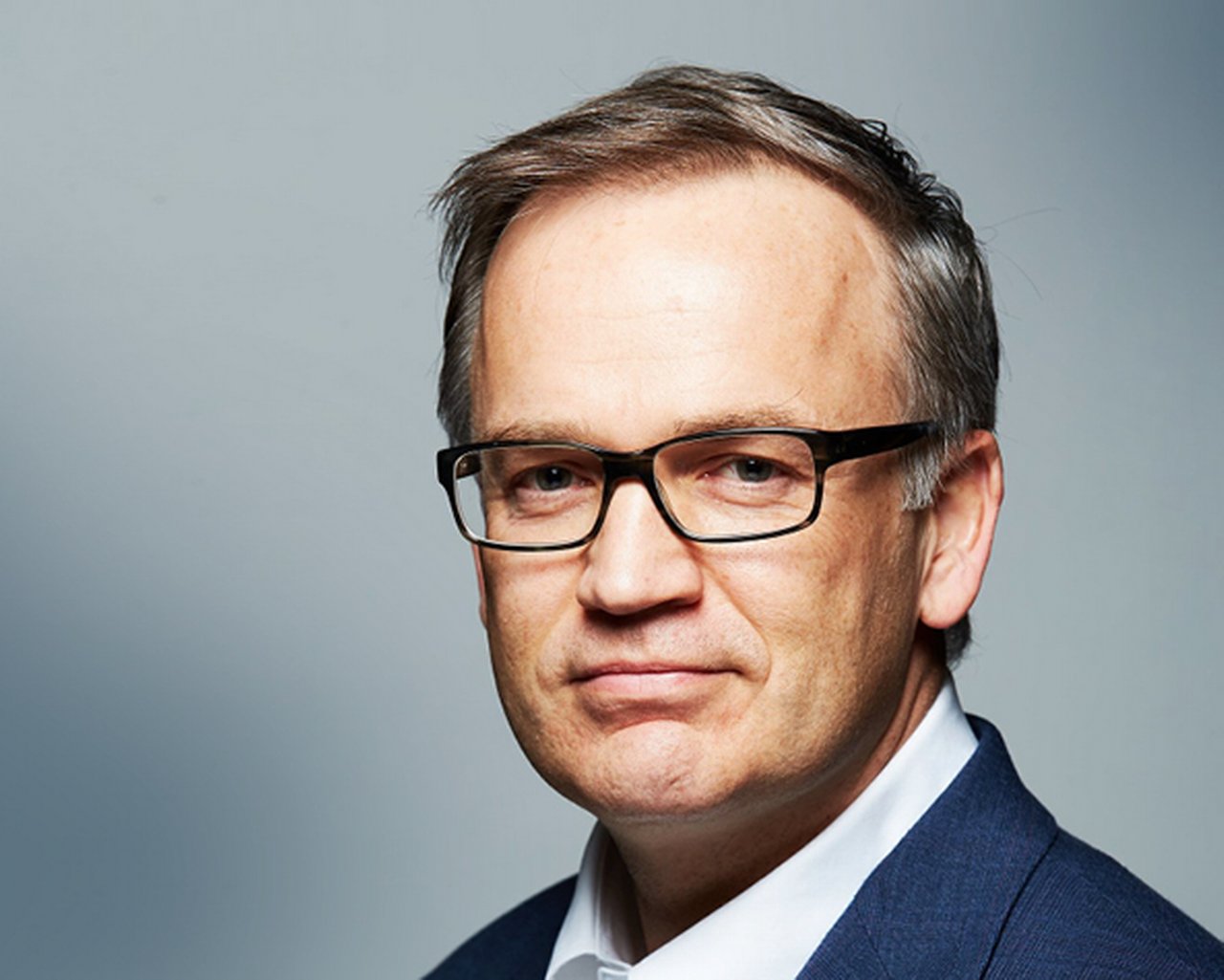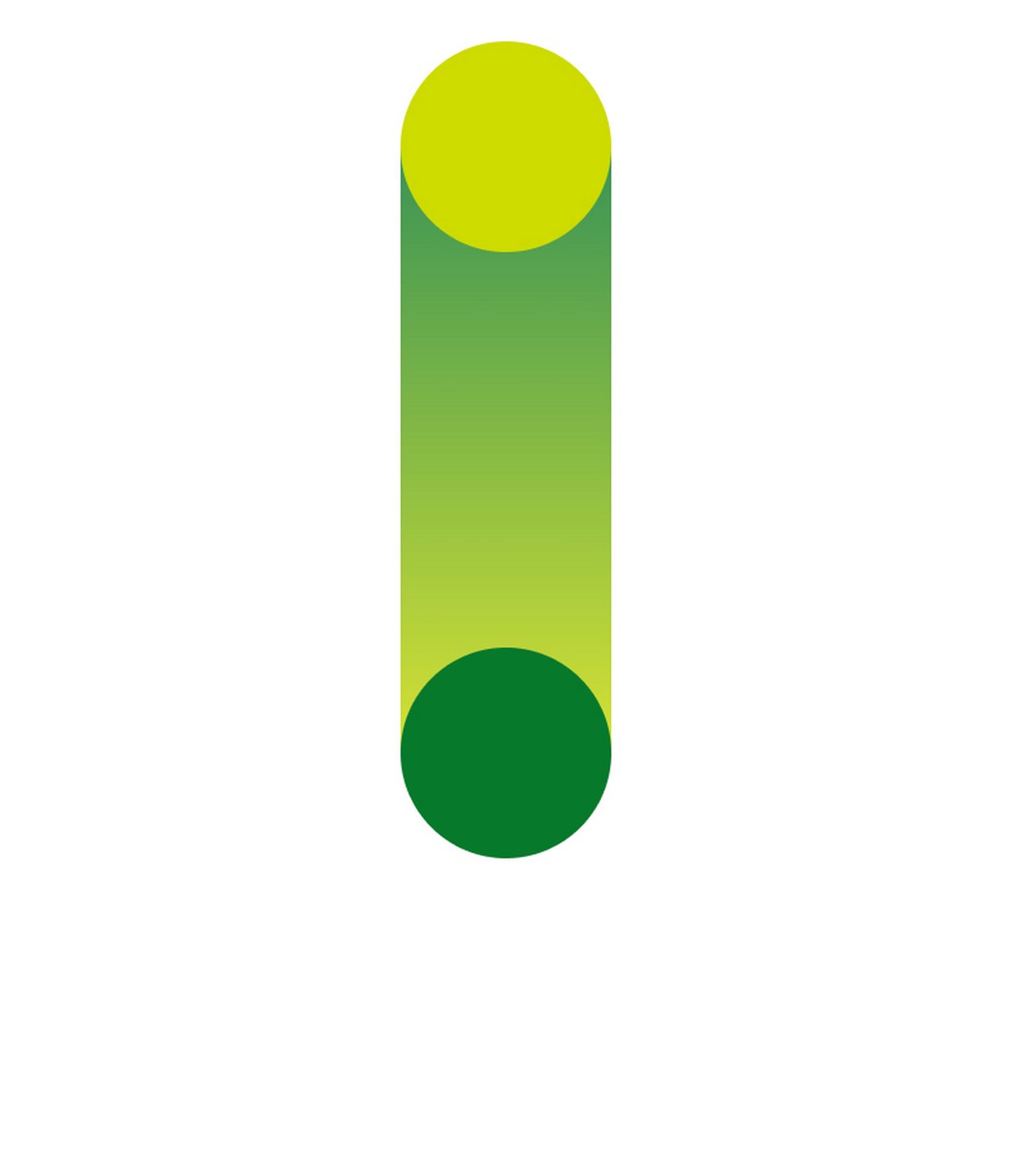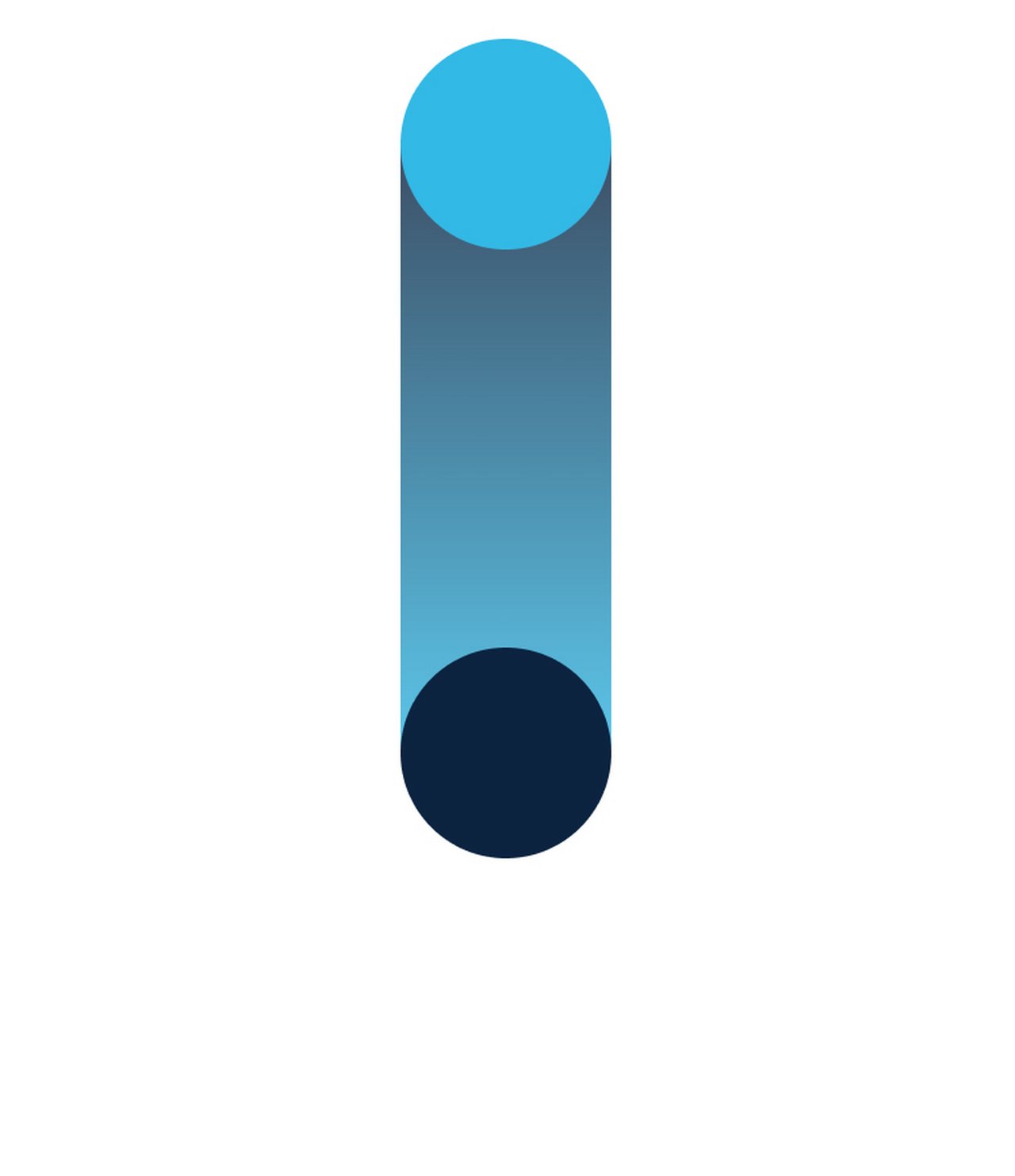
Cross-cultural career coaching through the coronavirus crisis
The Covid-19 pandemic has wreaked havoc on education systems across the world. Our employees are volunteering as virtual mentors to help young jobseekers and well-trained talent struggling to develop their careers as a result of the pandemic.
Many people think of environmental protection or the climate when they think of the term sustainability. Education often takes a back seat. And yet this social component is an equally important building block for building a more sustainable world as it lays the foundation for a successful future for coming generations – be it professionally, economically or socially.
The United Nations have long recognised this and have firmly anchored access to high-quality education as Goal 4 in its Agenda 2030 for Sustainable Development. For good reason, as many people around the world still lack access to schools or universities, particularly in less developed countries.
The Covid-19 pandemic has affected education systems worldwide
The pandemic only serves to exacerbate the problem. Almost 1.6 billion learners in more than 190 countries were and, in some cases, still are affected. 94 percent of students were temporarily unable to attend their schools or educational institutions. In low-income countries, almost the entire population has been excluded from learning institutions.

The crisis has hit young people’s job prospects particularly hard
According to the International Labour Organisation (ILO), more than one in six young people have stopped working since the onset of the pandemic while those who remain employed have seen their working hours cut by 23 percent. The disruptive effects of the Covid-19 outbreak have also impacted higher education as 13 percent of students had their graduations delayed and students worldwide started their university courses this autumn with almost no actual contact with teachers and other students.
Deutsche Bank promotes access to education
Our Born to Be youth projects help young people to develop their potential and facilitate access to educational and employment opportunities. “To help alleviate the situation, and in times of increased social distancing, Deutsche Bank has adapted many long-standing corporate social responsibility projects.
Mentoring and coaching programmes were moved online, and eLearning modules replaced classes that would otherwise take place in person”, says Lareena Hilton, Global Head of Brand Communications & CSR at Deutsche Bank. “Our Plus You volunteering and giving community shifted its focus away from hands-on and group volunteering toward virtual digital engagement approaches that enable employees to continue to make a positive impact as (remote) volunteers.”

One example is our new global mentoring initiative in cooperation with our long-standing partner Volunteer Vision that connects Deutsche Bank employees with jobseekers and students across geographical and cultural borders. Especially in less developed countries, limited access to local support and counselling services often hinders even the most well educated young people’s career prospects.
The pandemic has exacerbated existing inequalities in the labour market and made it even more difficult for those who already faced social, political or geographical barriers to find employment. The new mentoring platform offers one tool which can help lower those hurdles.
This crisis has hit the heart of our founding motivation. We built our online mentoring software to connect people in meaningful, digital relationships – regardless of where they are located or where they are from. Now more than ever, we want to use our software and expertise to demonstrate solidarity and create unity.”
Since the start of the initiative at the end of June 2020, more than 200 Deutsche Bank employees from eleven countries have already signed up to help young people start their careers or on their way through their studies.
Joshua Becker is one of the volunteers. He has shared his experience and knowledge with Diaa Alyasin from Beirut, who has worked in the Syrian financial services sector for more than ten years. In these interviews, both talk about what makes a good relationship between a mentor and a mentee – and how successful coaching can work online over thousands of kilometres.
Recommended content
Responsible Growth | Opinion
The Pandemic helps focus on Global Sustainability Goals The pandemic puts the Global Sustainability Goals back in focus
Leading scientist Richard Florizone is hopeful as “the pandemic has led to a great deal of mobilization across the globe.”
The Pandemic helps focus on Global Sustainability Goals Does Covid-19 help sustainability?Responsible Growth | Story
Togs from trash Togs from trash
The Italian company Aquafil shows us how they produce sustainable materials for the textile industry.
Togs from trash Can fashion help protect the climate?Responsible Growth / Crisp & Short
more Is coronavirus killing the climate?
The pandemic has its positives –less traffic, fewer emissions. There are negatives too, of course, but it’s important to keep the big picture in mind.
more more





